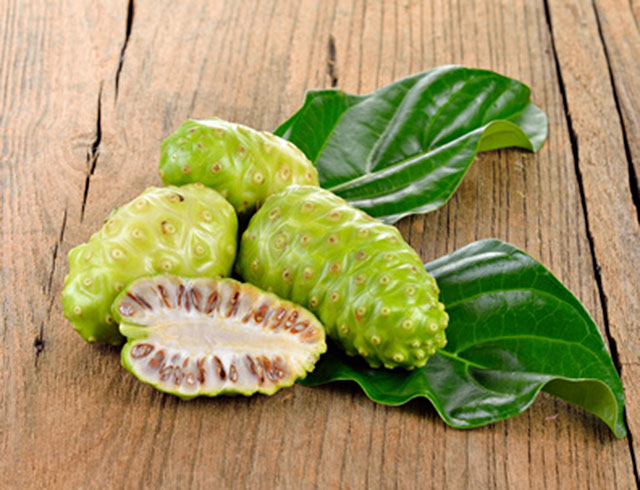Traditional food beats chemotherapy for cancer
A traditional food beats chemotherapy for cancer, according to a new study from the journal Molecular and Cellular Biochemistry.
According to the American Cancer Society (ACS), lung cancer is the second most common type of cancer in both men and women. About 14% of all new cancers are lung cancers. The ACS estimates 224,390 new cases of lung cancer in 2016 and about 158,080 deaths.
In comes the Noni leaf. The new study shows that Noni leaves may be the ideal complementary therapeutic food to prevent or manage lung cancer. The study found that the extract from this Noni leaf performed better than a chemotherapy drug.
The study abstract explained the following methods and results:
One of the most notable findings in the study is that the Noni leaf exhibited no toxicity to healthy lung cells, which is something that chemotherapy and radiation treatments can’t claim.
The study showing that traditional food beats chemotherapy for cancer was published in the journal Molecular and Cellular Biochemistry.
Note: None of the information in our website is intended to diagnose, treat, cure or prevent any illness or disease. The content on our website is for educational purposes only.
DON’T FORGET to sign up for our weekly newsletter to get our latest articles, updates, free recipes and giveaways.
E-cigarettes are linked to lung disease.
FDA approves a new drug to treat lung cancer.
Smoking still causes large number of deaths in U.S.
REFERENCES:
1. “Traditional Food Puts Chemotherapy To Shame, New Study Reveals.” GreenMedInfo.com. GreenMedInfo.com, n.d. Web. 25 May 2016.
2. “Metastasized Lung Cancer Suppression by Morinda Citrifolia (Noni) Leaf Compared to Erlotinib via Anti-inflammatory, Endogenous Antioxidant Responses and Apoptotic Gene Activation.” National Center for Biotechnology Information. U.S. National Library of Medicine, n.d. Web. 25 May 2016.
3. “Key Statistics for Lung Cancer.” American Cancer Society. American Cancer Society, n.d. Web. 25 May 2016.

















